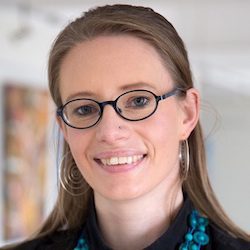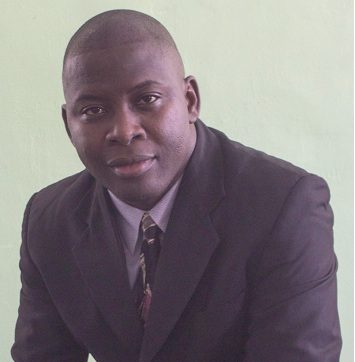We argue that in order to properly integrate data analyses into decision and policy-making, it does not suffice to hire data analysts. There is a need for diplomats and international policy-makers to:
- understand what is, and what is not, possible when it comes to data for policy-making;
- be able to communicate smoothly with data scientists, and vice versa;
- ask the right questions, so that data scientists are aware of exactly what is needed;
- understand the legal framework within which data can be processed, and the related data protection and security mechanisms; and
- craft sustainable partnerships with data providers or analysts in the private sector.
Panellists
- Maria Fasli (UNESCO Chair in Analytics and Data Science Director, Institute for Analytics and Data Science, University of Essex, UK)
- Katharina E Höne (Researcher Diplomacy and Global Governance, Project Manager Online Learning and Publications, DiploFoundation)
- Jovan Kurbalija (Executive Director, Secretariat of the High-level Panel on Digital Cooperation)
- Grace Mutung’u (Associate, Kenya ICT Support Network, Kenya)
- Graham Nelson (Head of the Open Source Unit, Foreign and Commonwealth Office. UK)
- Rawl Prescott (Programme Assistant, CARICOM Secretariat, Guyana)
- Javier Teran (Statistician at UNOCHA and member of the Humanitarian Data Exchange (HDX) team)
For more information, visit the dedicated page for our session.




